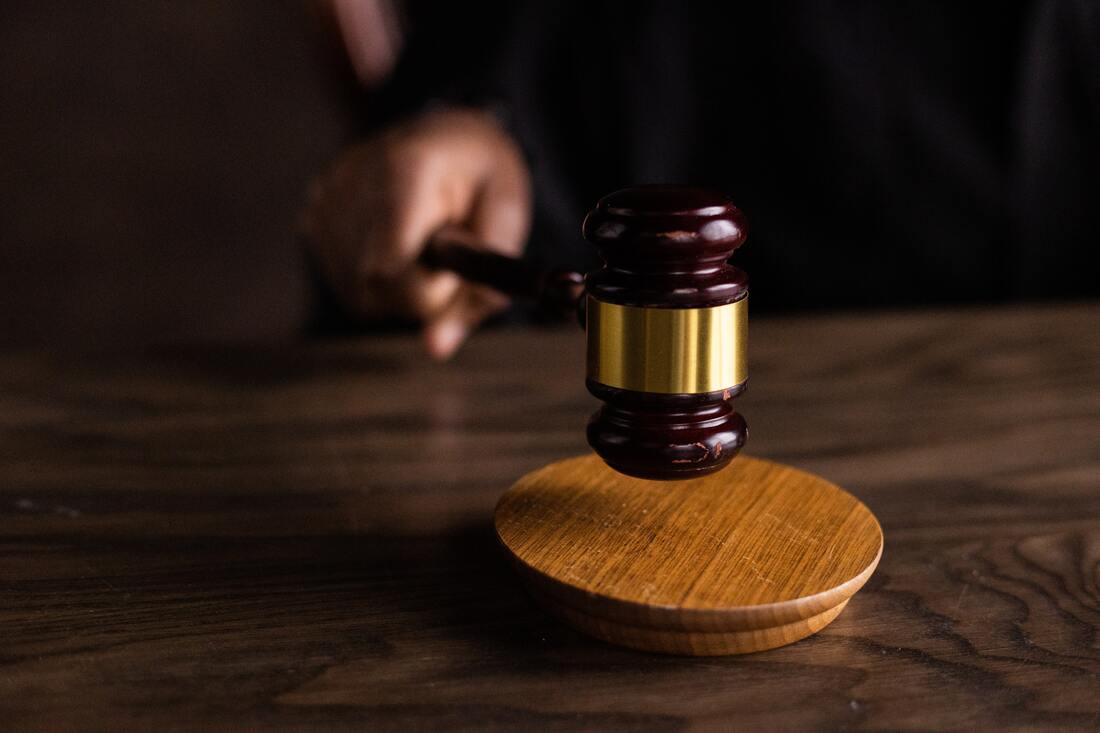Paul Krugman defines a moral hazard as “any situation in which one person makes the decision about how much risk to take, while someone else bears the cost if things go badly.” At the federal level, the Supreme Court that overturned Roe was 6-3 male-to-female. (Kentanji Brown Jackson replaced Justice Breyer on June 30). District and circuit courts are roughly 1/3 female. The Presidents that appointed them were all men. The ratio of men to women in the US Senate (which confirms Justices) is 76-24. The House of Representatives is roughly the same (28% female). State legislatures--many of which have trigger laws and many more will most likely ban abortion—have been hovering between 15-30% female for decades. Taken together, mostly men are making the decision about how much risk to take while women bear the cost if things go badly. These costs may be economic, social, health-related, career-related, etc., but they are borne by women.
Another way to define moral hazard is “a lack of incentive to guard against risk where one is protected from its consequences.” Just a week after Dobbs, the Court ruled to rescind the EPA’s right to regulate emissions from power plants. Deregulating environmental policies at the Supreme Court level will exacerbate climate change in the US; however, wealth offers a general protection from the worst effects of climate change. The negative outcomes will fall mostly to poor Americans. But pollutants do not recognize national boundaries, so this decision will disproportionately impact poorer nations, leaving the Global North relatively insulated. Finally, while climate change is here, the heaviest burden will rest on the shoulders of future generations. Therefore, this decision represents a national, global, and temporal moral hazard as the buck is passed to vulnerable populations whose risk was decided for them. Unfortunately, given the power and trajectory of the Court, morally hazardous decisions may become easier to make. Research shows that knowing you will not personally incur the risk encourages you to take more risk. Our tolerance increases until putting others at risk becomes an acceptable outcome. The contractor may buy cheaper and cheaper materials, you may begin shopping in the discount meat aisle (OK, not really). Cases are coming to potentially reverse same-sex marriage, restrict rights of the LGBTQ+ community, and silence the voices of voters through gerrymandering. To my knowledge, the Court is made up of straight, cisgender people whose voices will always be heard, meaning each case represents a moral hazard. In a country of 330 million people, I understand the need for—and value of—impartial and thoughtful decision-makers. Judges are trained and appointed to literally decide outcomes for others. Further, the Supreme Court is not obligated to align with public opinion, and some of their brightest moments have come despite heavy opposition. However, whereas earlier contentious decisions acknowledged human rights—thereby reducing risk (e.g., Obergefell, Roe, Brown, Griswold, etc.)—these recent decisions do the opposite. They strip human rights and assign risk to specific people. Moral hazards are inevitable in our judicial system, but we should strive to minimize the risk we saddle on those who have no say in the matter.
1 Comment
David Kronenwetter
7/22/2022 01:32:49 pm
They are merely doing what they have been paid to do...strictly business mind you; women are second class citizens as are minorities in this patriarchal ..white straight and gun toting majority; and yes,Ginni Thomas paid for buses of kind people to overthrow and election and Mitch denied a sitting president to even a hearing on SCOTUS;
Reply
Leave a Reply. |
AuthorColin Gabler is a writer at heart. Archives
May 2024
Categories |

 RSS Feed
RSS Feed